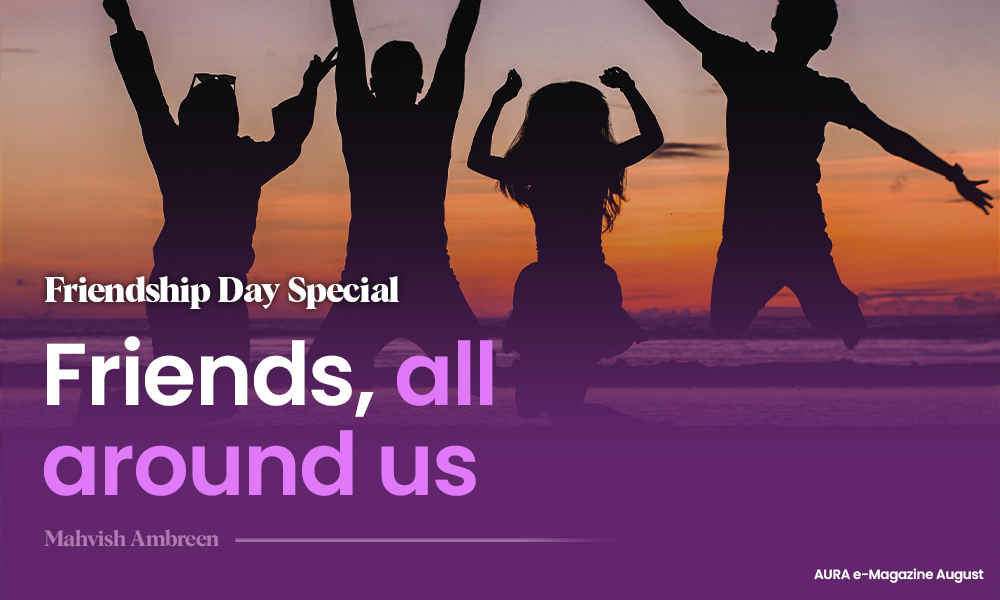Introduction
As the Paris Olympics is around the corner, it would be good to remember a beautiful moment. It was a sight to behold when India’s Neeraj Chopra and Pakistan’s Arshad Nadeem received the gold and silver medals at Germany’s 2023 World Athletics Championships. Chopra also spoke out for his competitor when the media deliberately spread rumours that Nadeem “stole” his javelin. What makes the above news unique is not their medals but the bond shared between them. Their support and respect for each other throughout their successful journey become the subject of controversy fuelled by politics of hatred shared by both countries. Their off-field friendship was certainly not liked by all. Still, their professionalism and refusal to escalate a sporting rivalry into anything political or to embed it into a larger discourse of nationalism unnecessarily was appreciated by many critical minds.
Our history of sports is full of such beautiful stories. There are numerous fields, including politics, where one can witness such bonds, not just sports. Muhammad Ali Jinnah and Bal Gangadhar Tilak were popular leaders of South Asian Independence movements. Even though they had divergent opposite ideologies, they both had a warm relationship.
Why do we need friends at all?
As the saying goes, human beings are social animals. Their survival depends greatly on their relationship with the people around them – people who can love and rely upon them and have no fear of being judged. That’s why every human being is born with some blood relationship that caters to all the above needs. In turn, these relationships are bound by some theological laws. However, friendship is not limited to any boundaries of social identities, region, language, or religion. This relationship is built on trust and mutual respect, offering empathy and companionship for a lifetime.
Stages of friendship
As mentioned earlier, humans are social animals. Friendship plays a vital role in our lives. Relationships shape our personalities and help in our overall grooming. In the first stage, friendship helps babies learn many new words and things. Apart from that, babies learn to share, co-exist, mutually learn and even compete.
The role of friendships becomes more crucial when one enters puberty. Unlike in childhood, during this period, one starts to rely more on friends rather than their parents. Our personality starts shaping according to our social circle.
When we reach adulthood, we tend to become more mature & practical. Friendship plays a very important role here, too. Good friends can give us better suggestions regarding career goals, spouse selection, family life, etc.
A deeper meaning
What comes to our mind when we hear the word friendship? Who comes to your mind when you hear the word? What values have they brought into your life? This is something to introspect upon frequently. This is also why relationship experts always encourage keeping friendship as a base for any relationship, be it between couples or siblings or a bond between parent and child.
The theme of friendships is popular in politics, literature, and even religion. Like any aspect of life, Islam sets guidelines regarding friendship as well. So, with whom can we make friends? Most importantly, how can one become a friend of Allah? The true friend is kind and compassionate and always fears Allah, one who always tries to beat Shaitan by using the power of trust in Allah swt and the one who can sacrifice everything for the sake of Allah and also tries to become Khalilullah, or the friend of God. How can one do that? By obeying Allah and his Messenger, always striving to seek Allah’s pleasure in all acts and thoughts, remembering Allah constantly, and maintaining a pure heart. Thus, friendship can be at various levels: between friends, friendship as an element within other forms of relationships, such as marriage or between siblings, and the ultimate goal, to turn away from the influence of Shaitan and seek to become a true friend of Allah by trusting His plan for you, as well as by speaking to him about your sorrows, joys, needs and anxieties.


0 Comments